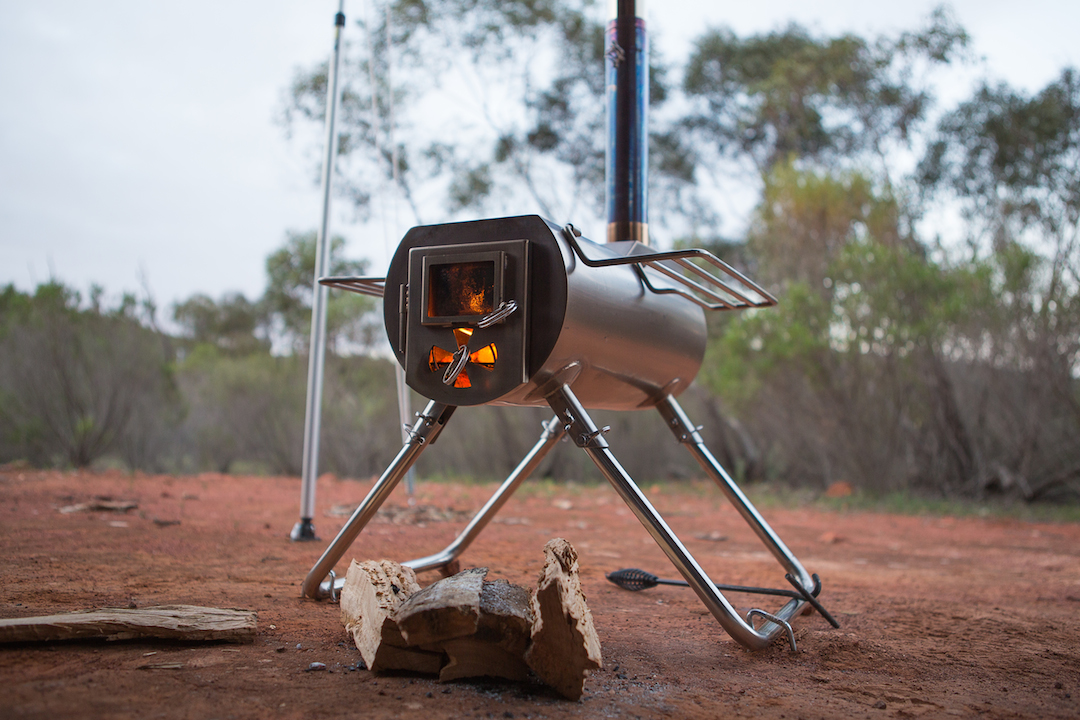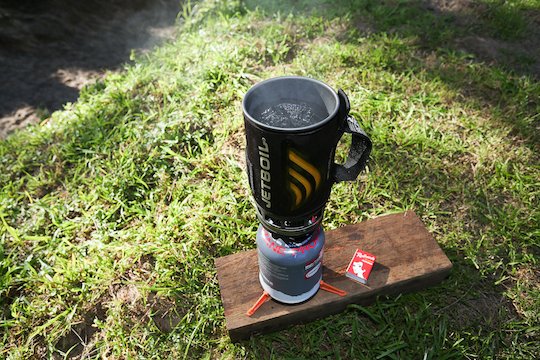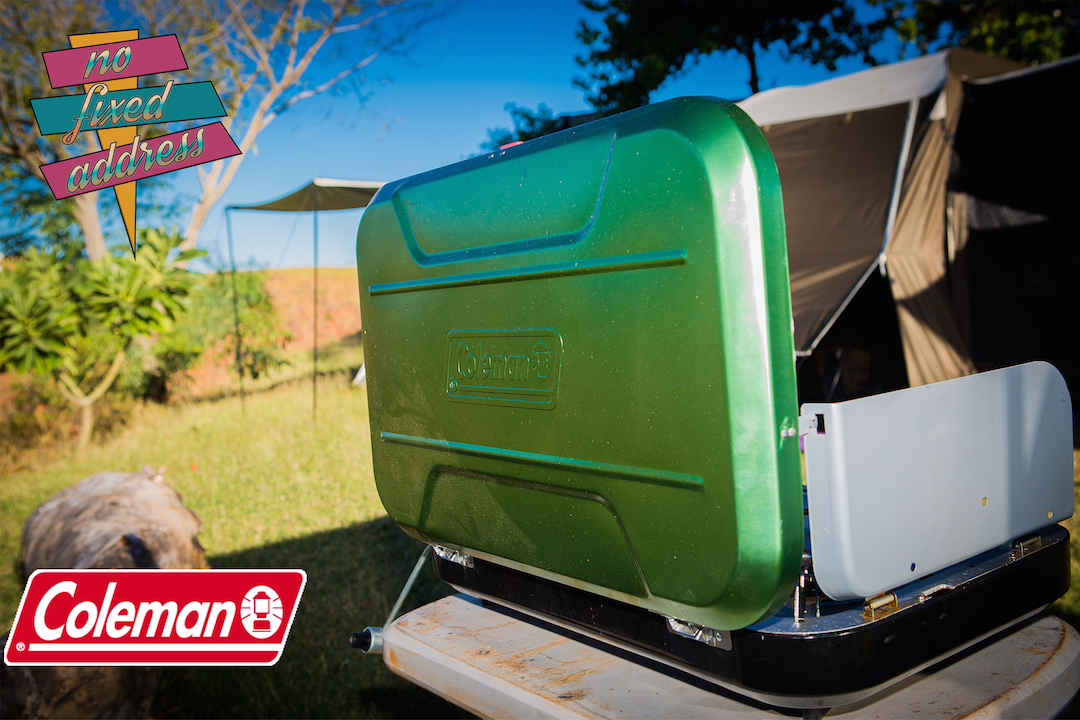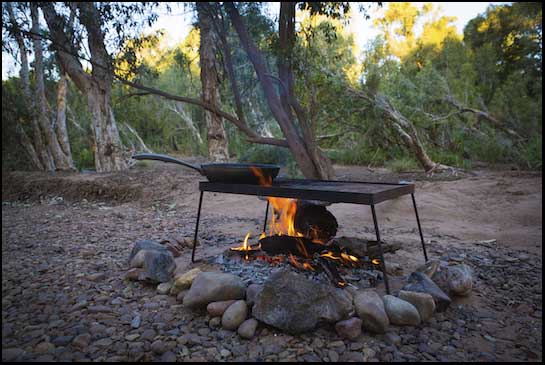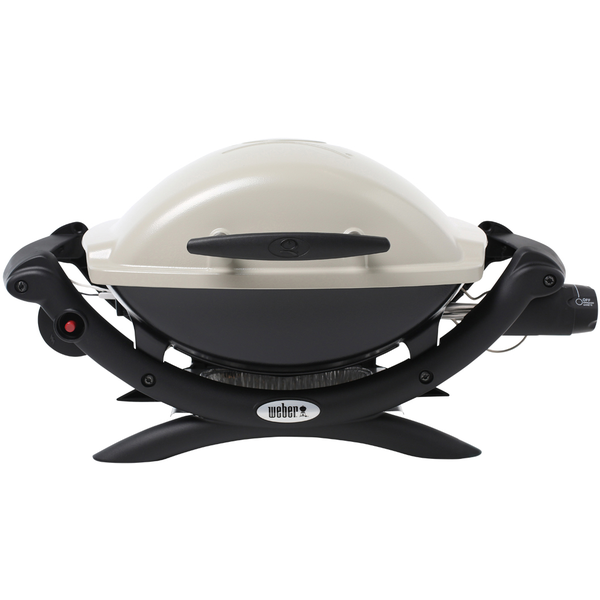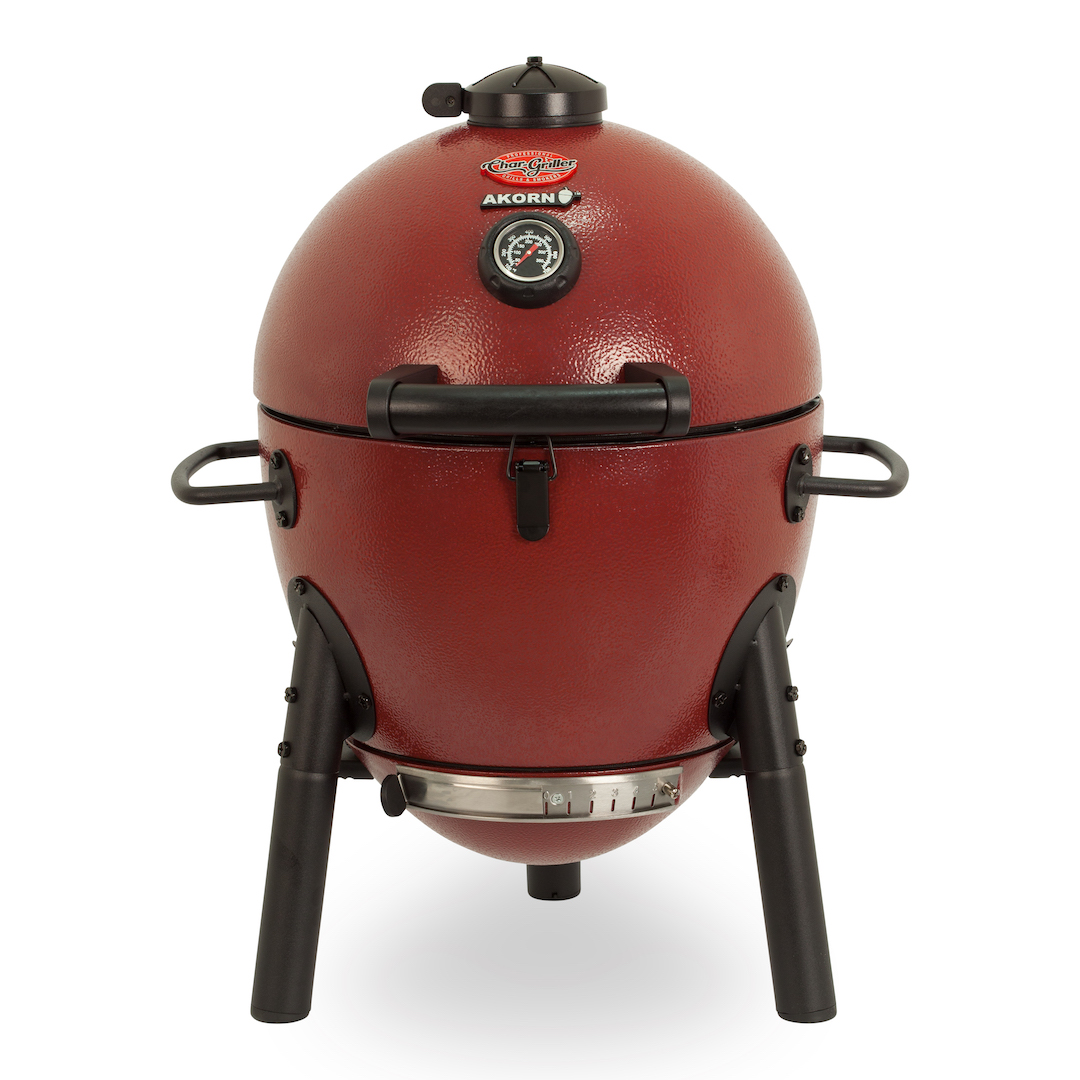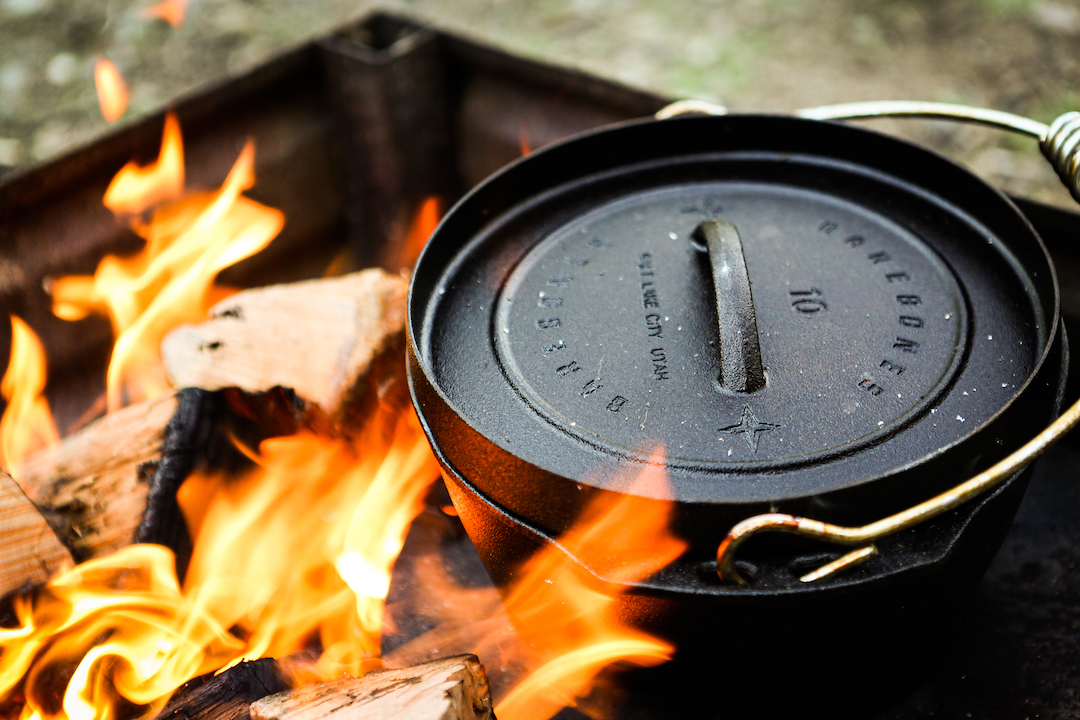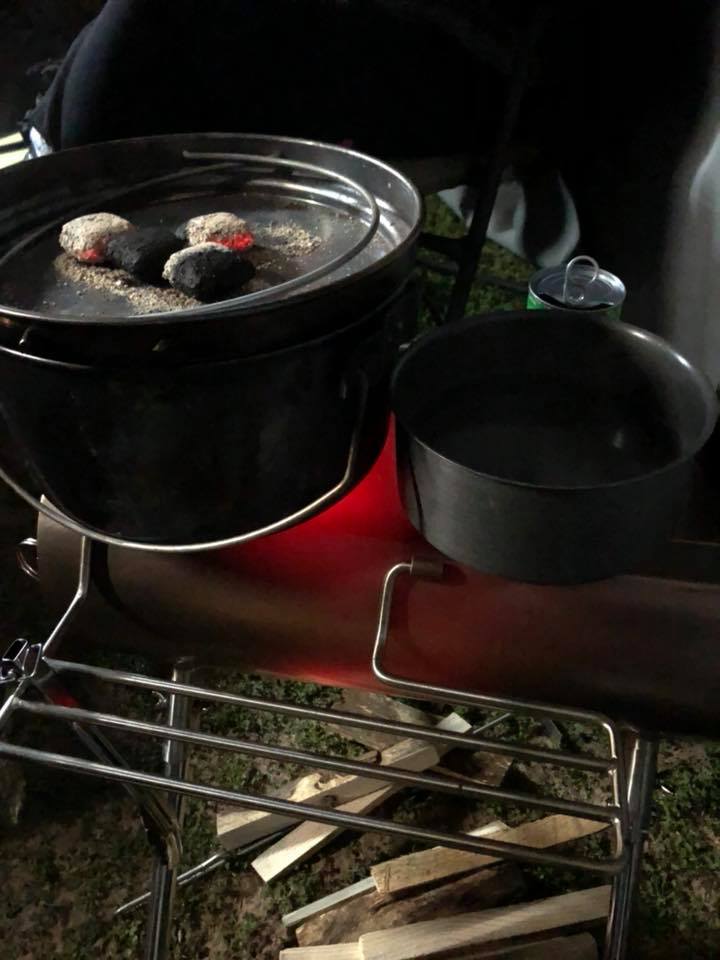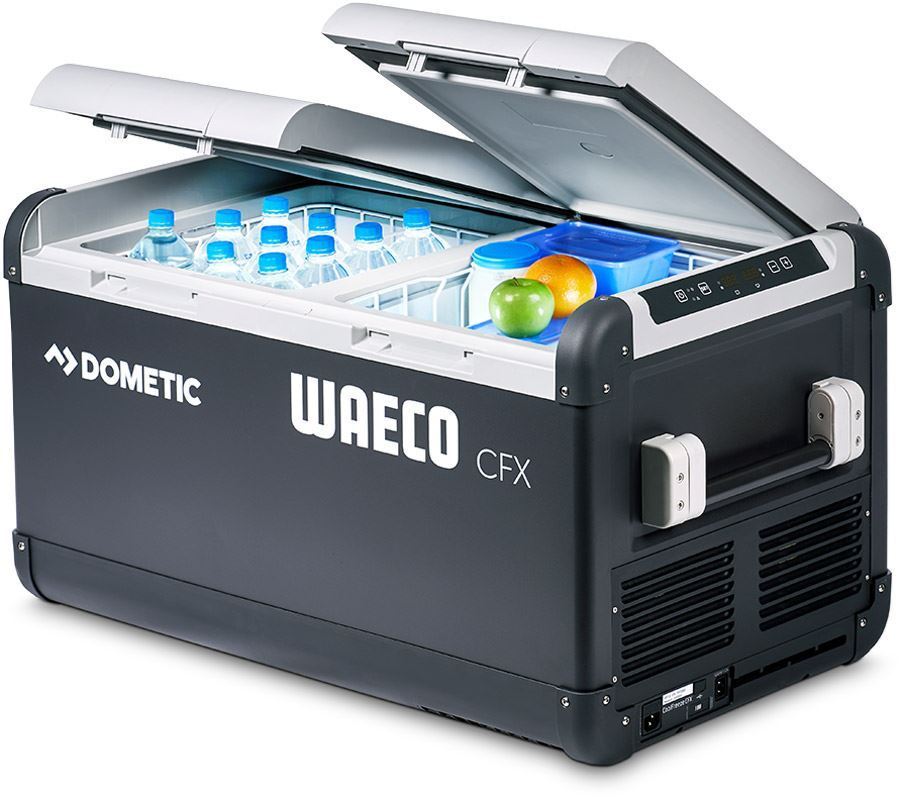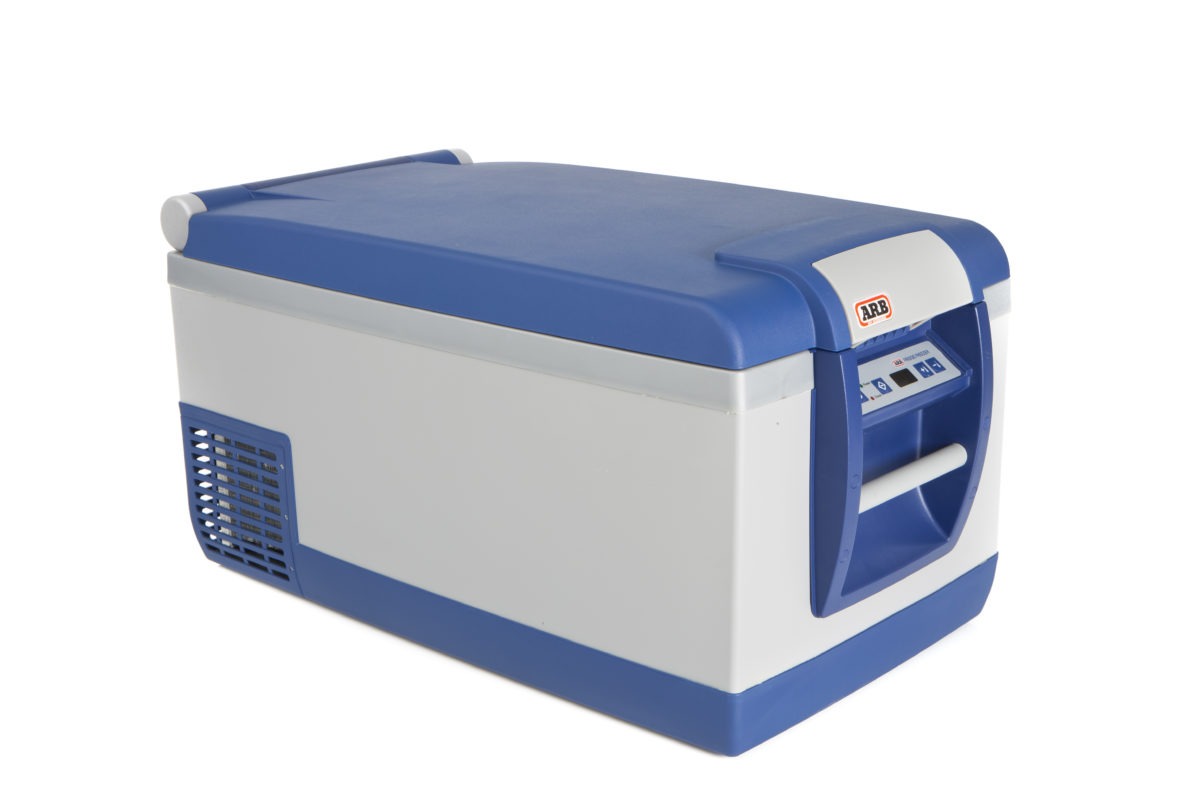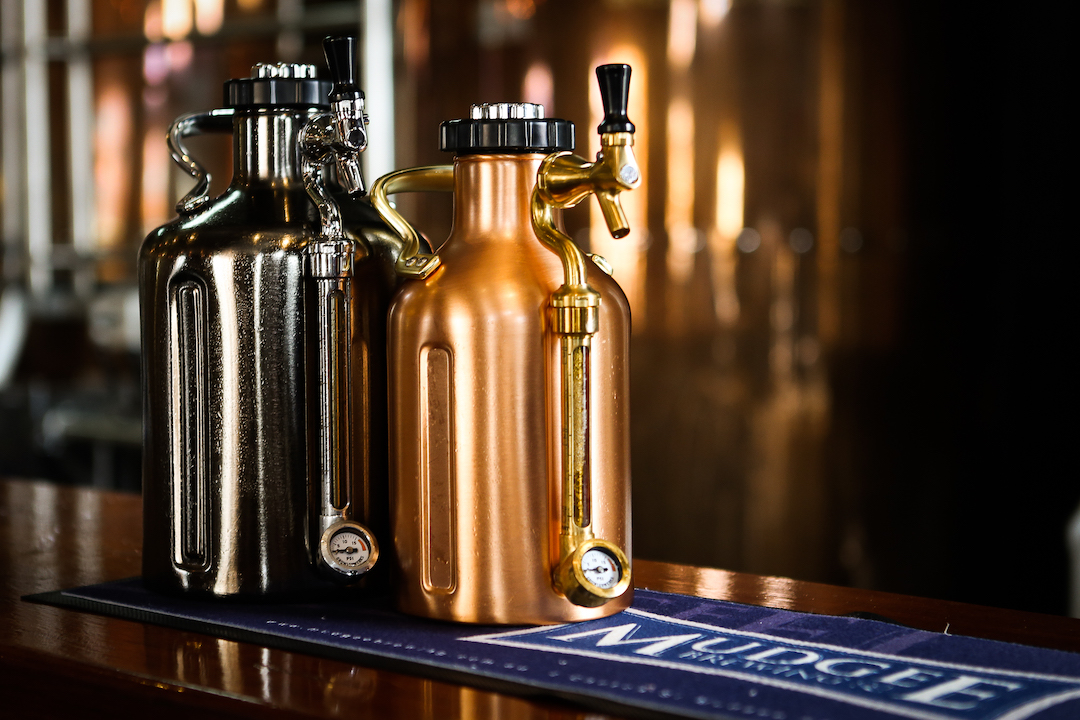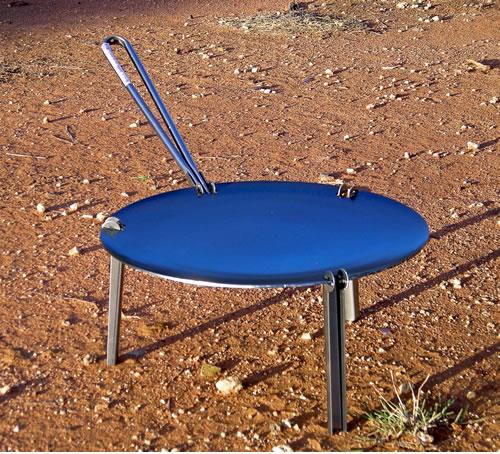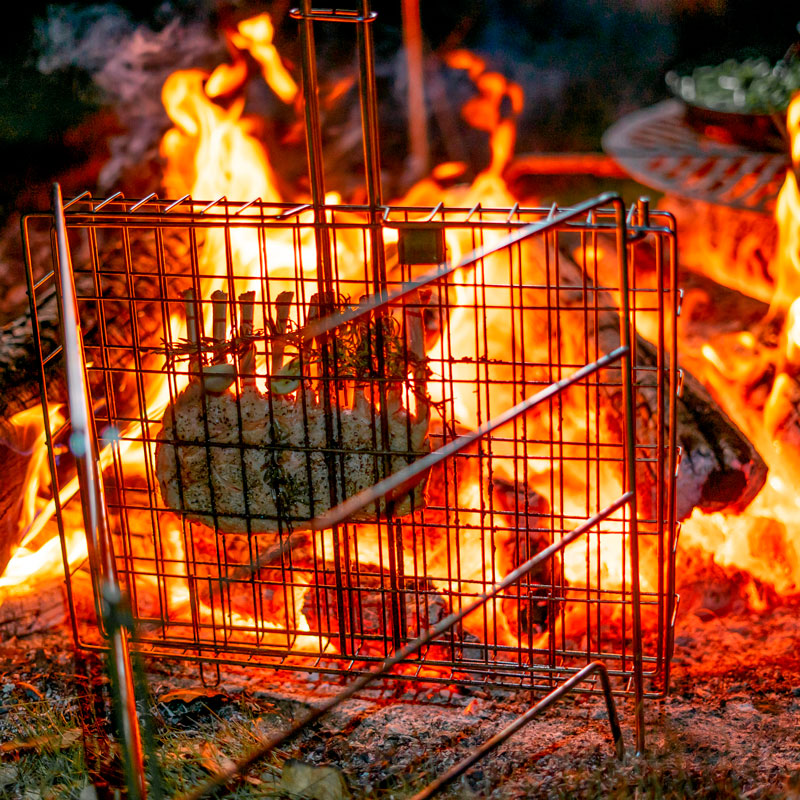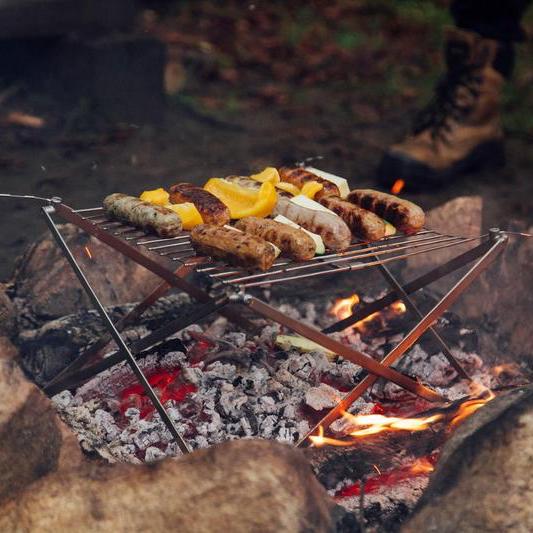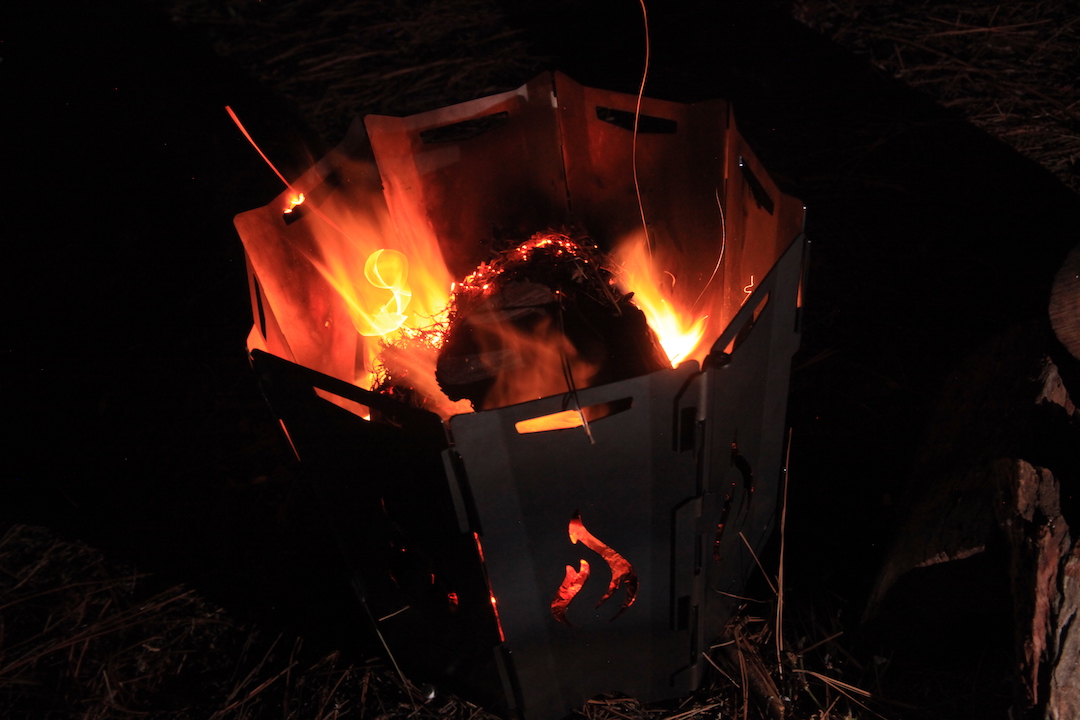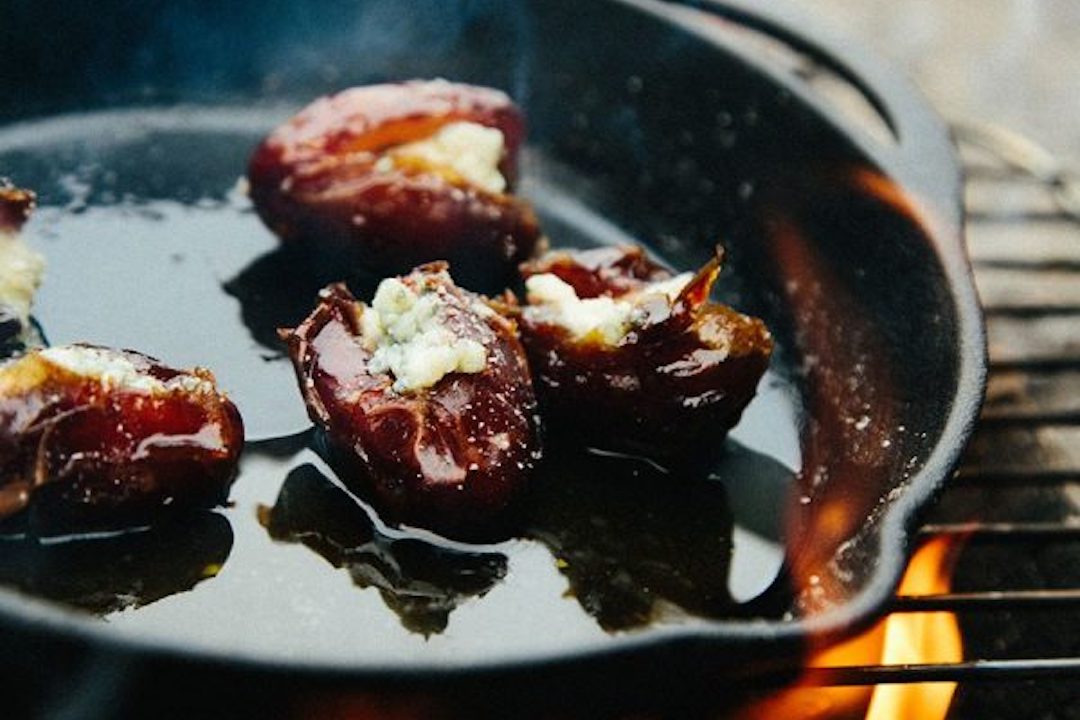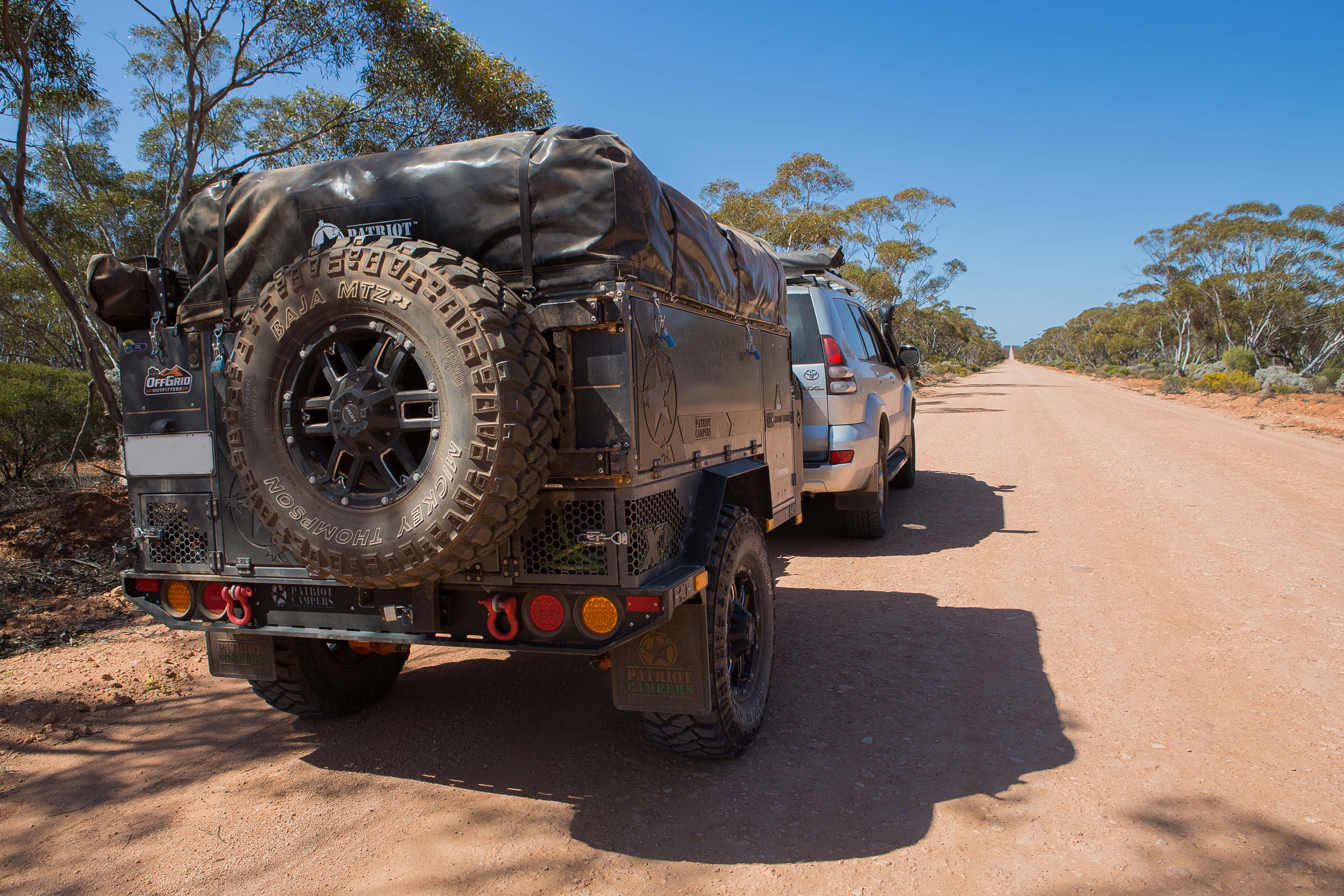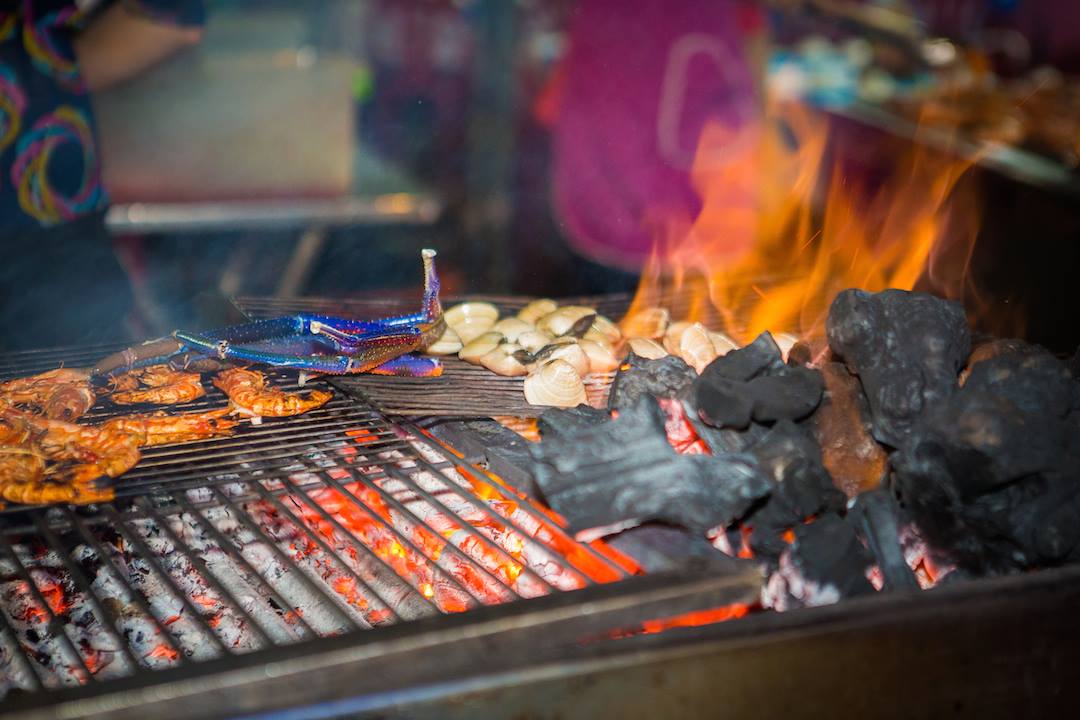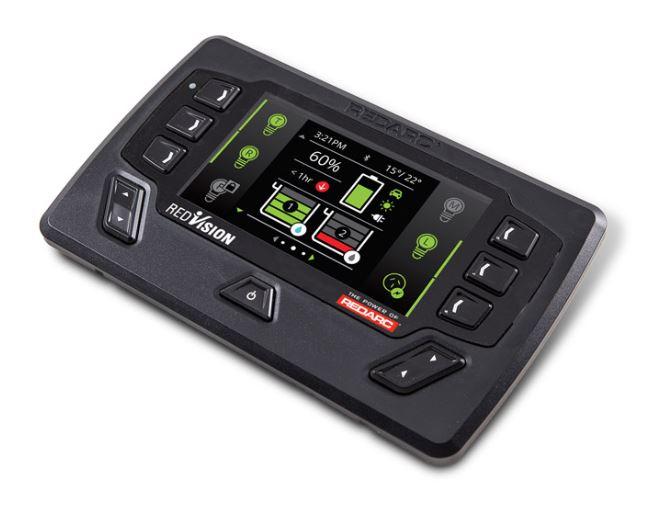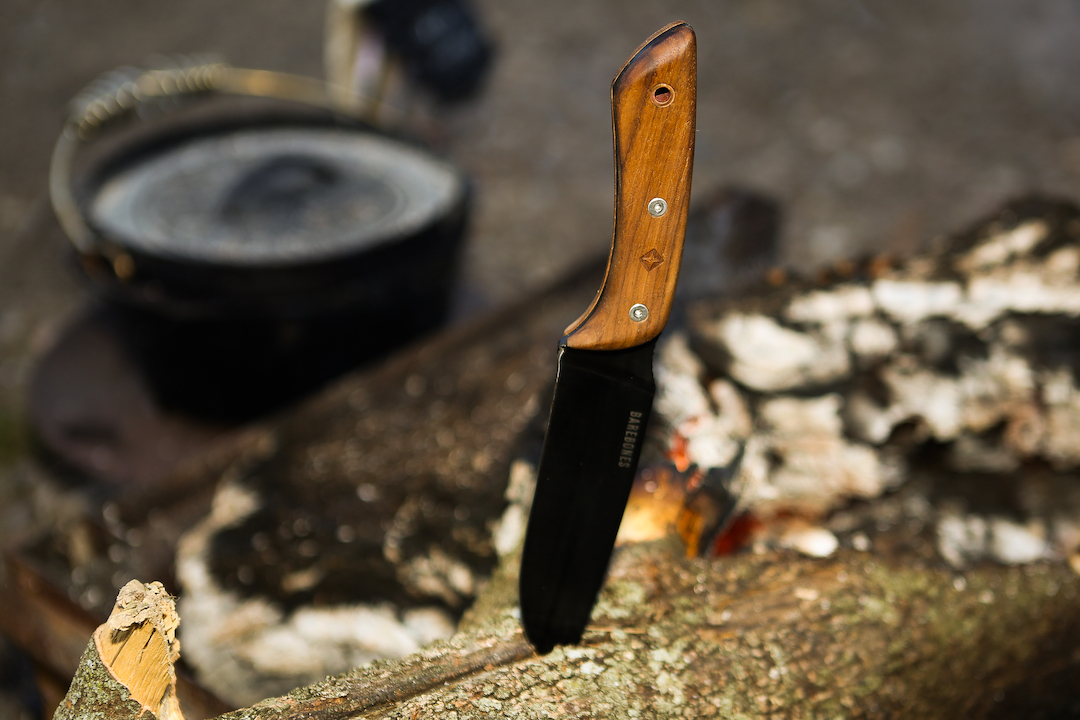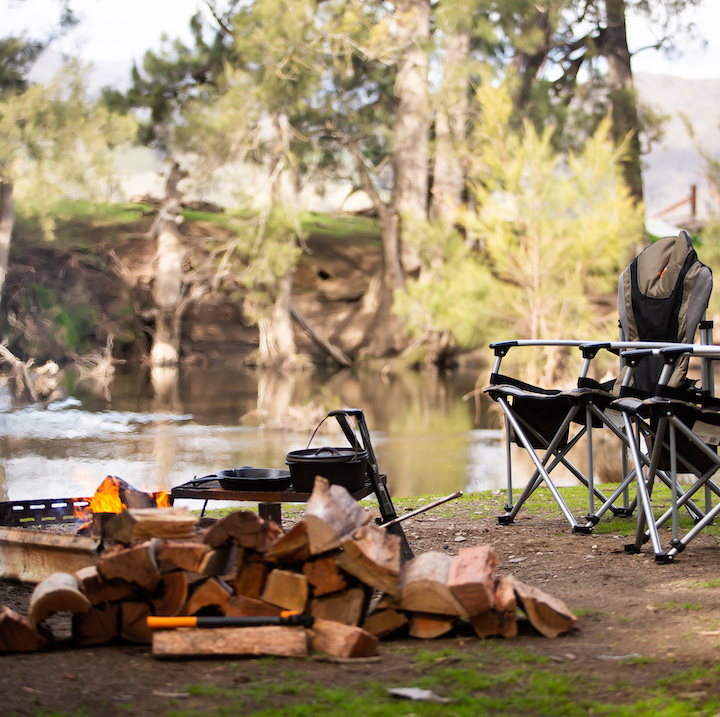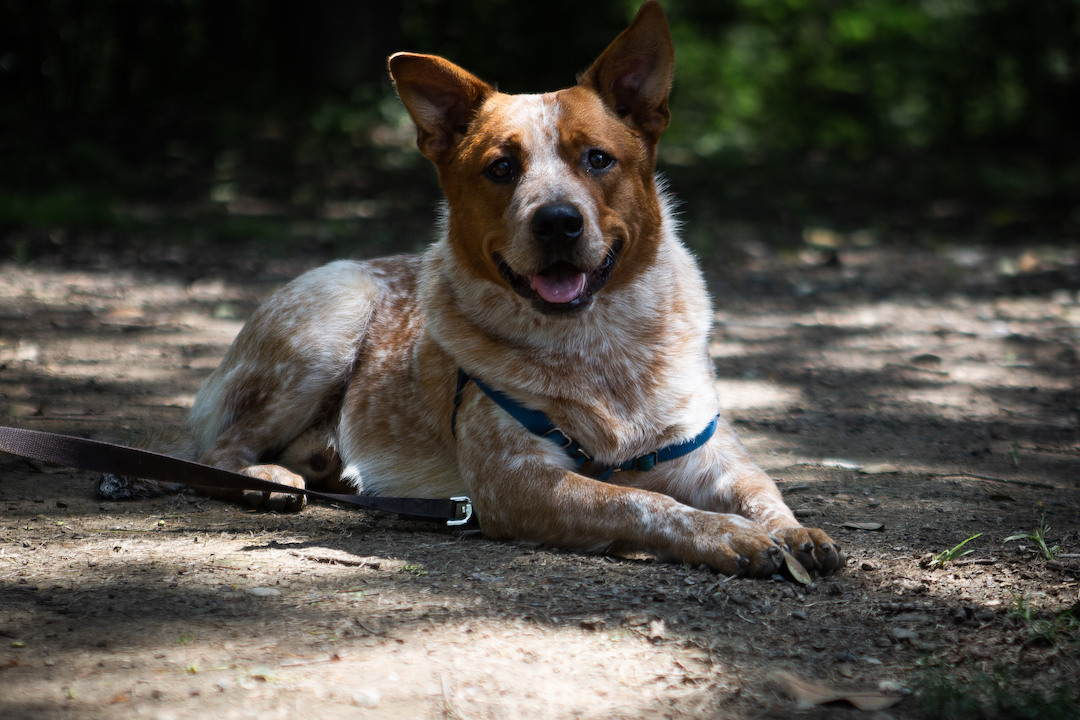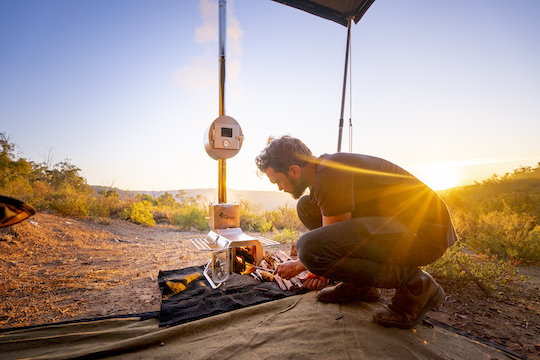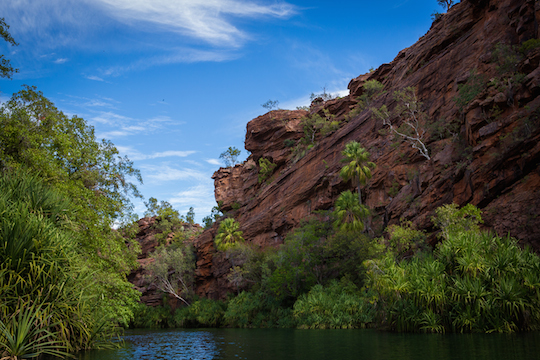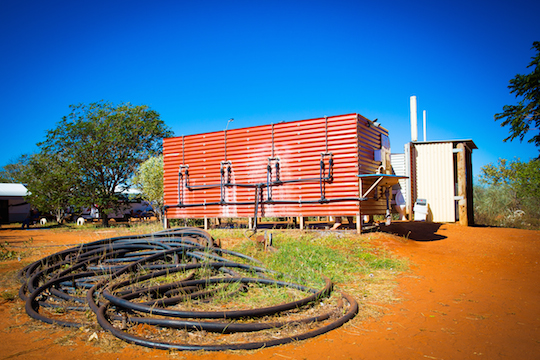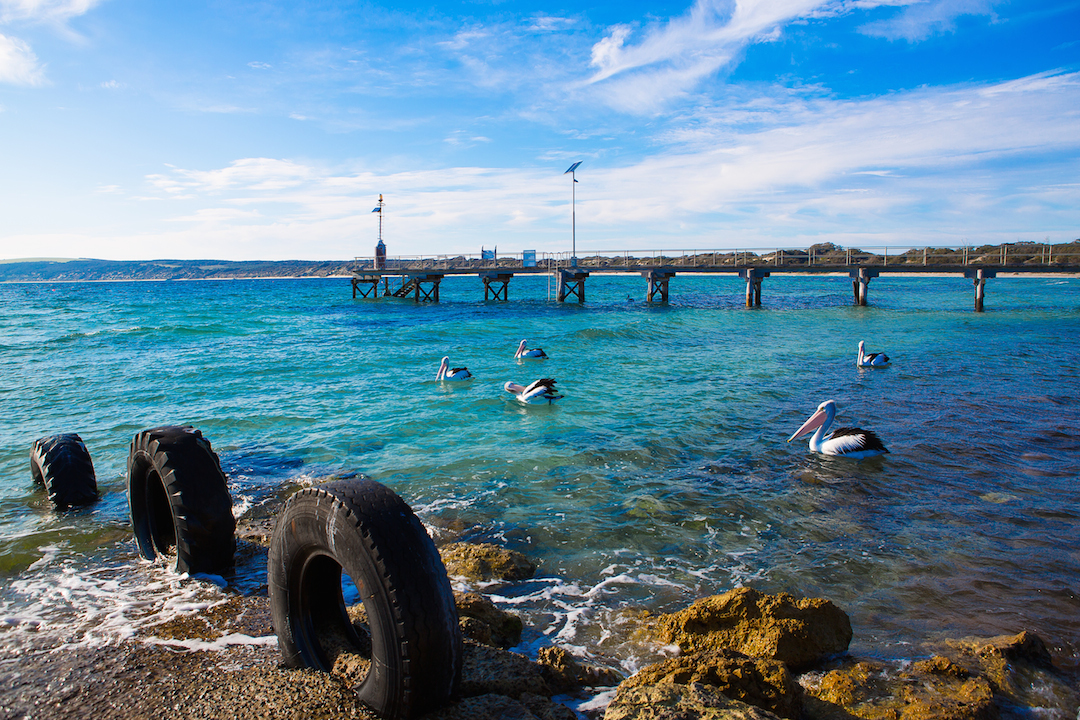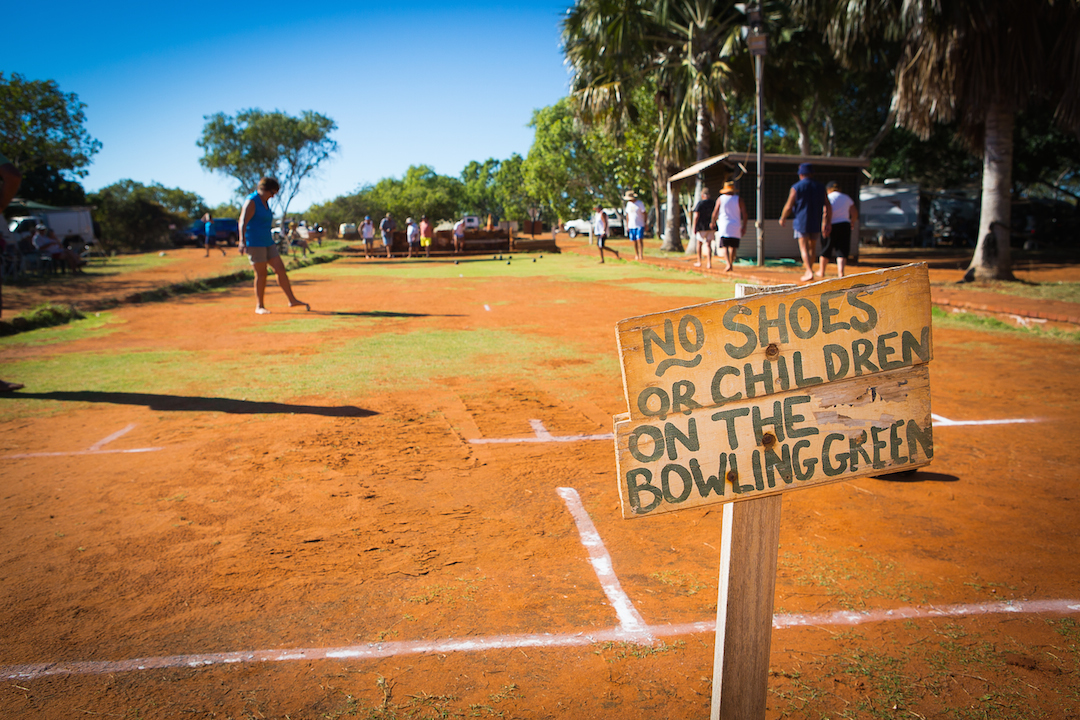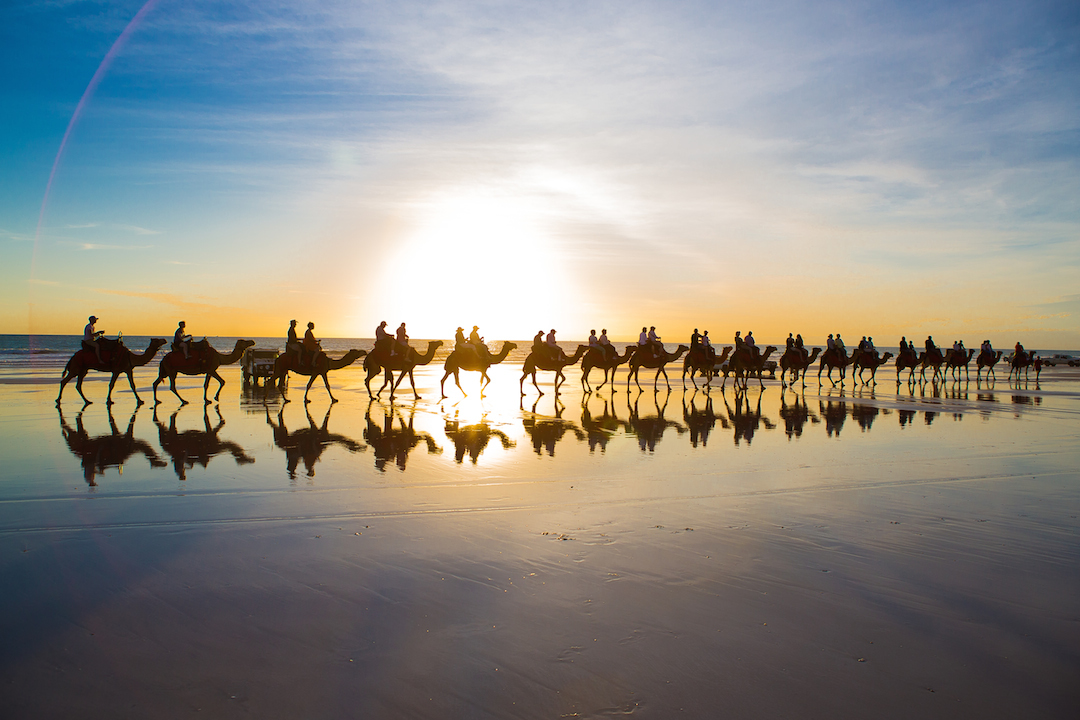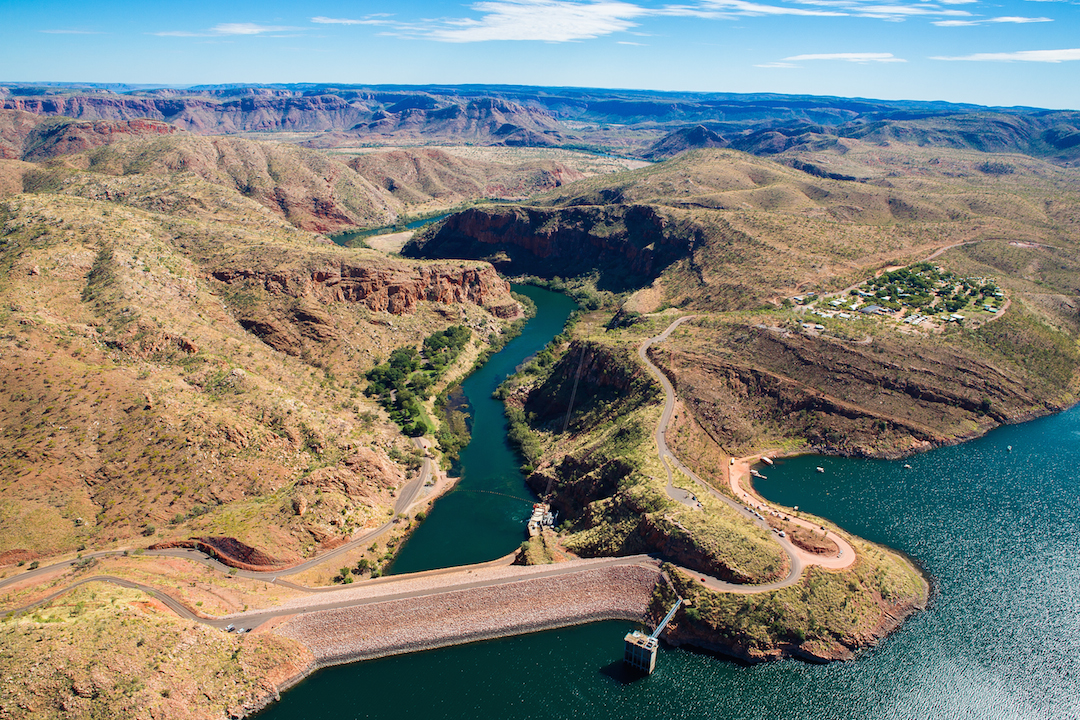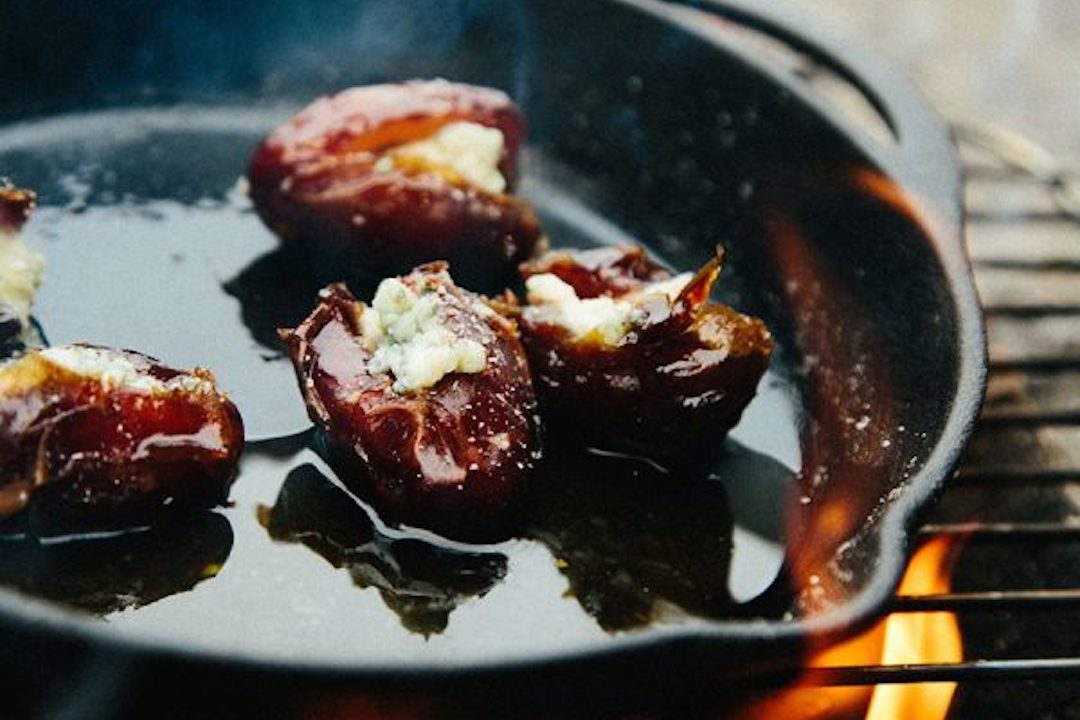 We all know that cast iron cookware is not like any modern type of cookware. Its strong robust qualities have endeared cast iron to the camp cooking and open fire cooking enthusiasts out there and whilst it’s not without its drawbacks, weight for one, it is generally considered to be the ultimate material to cook on. With its fantastic heat dispersion and retention qualities as well as an ability to be used for both open flame and cooktop frying and baking as well as baking in an oven the often-maligned weight associated with cast iron is considered a worthwhile trade-off. Another plus for cast iron is that the non-stick surface is created with careful seasoning and care, not like that horrible artificial plastic based stuff that modern cookware uses that deteriorates over time and ends up in your food. It should also be noted that in times of physical stress cast iron fry pans work very well as a weapon. (This a joke of course, not a recommendation)
We all know that cast iron cookware is not like any modern type of cookware. Its strong robust qualities have endeared cast iron to the camp cooking and open fire cooking enthusiasts out there and whilst it’s not without its drawbacks, weight for one, it is generally considered to be the ultimate material to cook on. With its fantastic heat dispersion and retention qualities as well as an ability to be used for both open flame and cooktop frying and baking as well as baking in an oven the often-maligned weight associated with cast iron is considered a worthwhile trade-off. Another plus for cast iron is that the non-stick surface is created with careful seasoning and care, not like that horrible artificial plastic based stuff that modern cookware uses that deteriorates over time and ends up in your food. It should also be noted that in times of physical stress cast iron fry pans work very well as a weapon. (This a joke of course, not a recommendation)
So the most often asked question is ‘How do I season and take care of my Cast Iron Cookware?’
Simple, kind of. Firstly you need to know that there are hundreds of theories out there on the interwebs, some of which will contradict what I am going to tell you here. But that’s OK, this is what I have found to work best. You can apply some of the methodologies I apply, you can use none of it or you can copy it verbatim. You can even drop me an email and let me know what works best for you, I’m always up for learning new and improved methods when it comes to looking after my cast iron cookware.
Anyway, enough of the preamble this is my method for seasoning…
- Before commencing the seasoning process your cast iron skillet or camp oven needs to be washed thoroughly in hot soapy water, as hot as you can tolerate without scalding yourself. Then you need to rinse it really well in fresh clean water. Now, because cast iron is porous you need to dry it over low heat, on the stovetop works best.
- Once completely dry allow the skillet to cool completely before applying a thin layer of Rice Bran Oil to the entire cast piece, inside and out. Then with a soft cloth, say, an old T-Shirt, wipe off as much of the oil as possible. Then when you think you’ve wiped it all off, wipe it again. Cast Iron is porous remember so there will be the thinnest of coats left even if you don’t think there is.
- Now place your cast iron upside down in an oven pre-heated to around 450 C remembering that all ovens are different, so this made need some experimenting. You want the cast iron to smoke but not burn. Leave the piece in the oven for 60-90 minutes then turn the oven off and allow to cool completely. I'm a little impatient according to my wife and as such, I tend to let the piece just cool down enough so that I can handle it comfortably before moving onto step 4.
- Now repeat step two and three a further two to three times remembering that it’s impossible to over season your cast iron cookware.
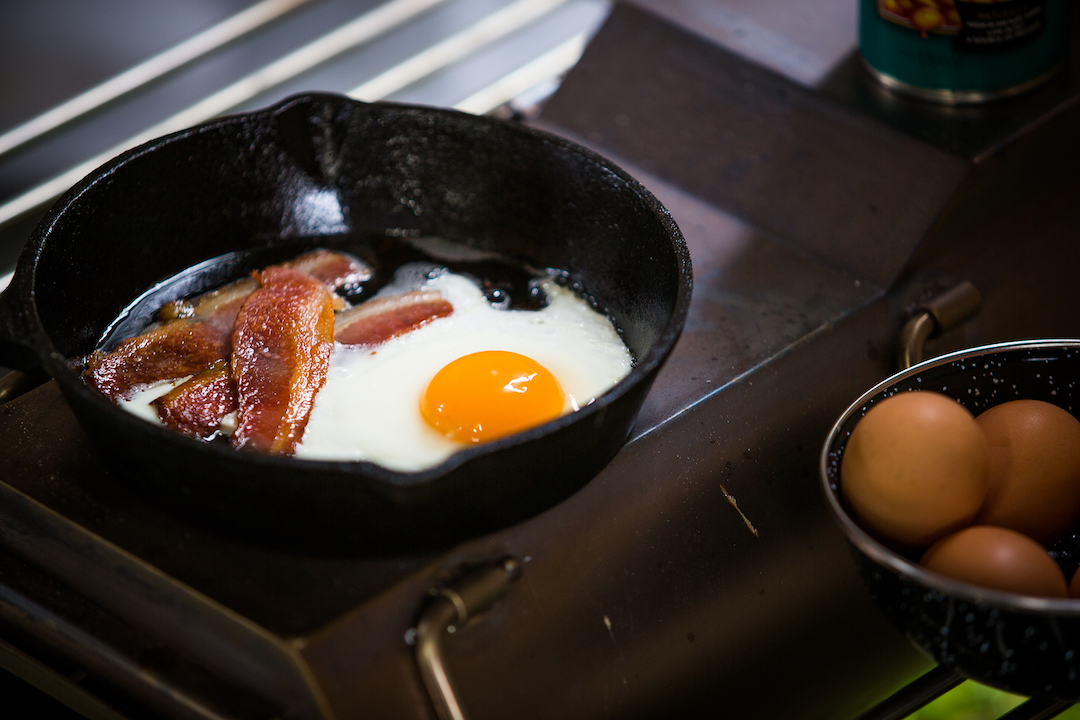 After the seasoning process has been completed you will have a nice shiny and relatively smooth surface of polymerised Rice Bran oil. Once seasoned I never use soapy water unless I’m going to re-season the piece much preferring to use a soft scourer for stubborn baked-on food and hot water only. Once cleaned dry over low heat before allowing to cool completely before wiping on a thin layer of Rice Bran oil. If you burn something, you’re going to need to go back to step one. It's also worth noting that you should avoid soaking your cast iron to remove stubborn food remnants, I do but only for very short periods, between 15 and 30 minutes before attempting to clean it again. I've found that soaking cast iron for too long tends to damage the seasoning.
After the seasoning process has been completed you will have a nice shiny and relatively smooth surface of polymerised Rice Bran oil. Once seasoned I never use soapy water unless I’m going to re-season the piece much preferring to use a soft scourer for stubborn baked-on food and hot water only. Once cleaned dry over low heat before allowing to cool completely before wiping on a thin layer of Rice Bran oil. If you burn something, you’re going to need to go back to step one. It's also worth noting that you should avoid soaking your cast iron to remove stubborn food remnants, I do but only for very short periods, between 15 and 30 minutes before attempting to clean it again. I've found that soaking cast iron for too long tends to damage the seasoning.
If you fail to dry your cast iron properly or apply Rice Bran oil to the entire piece you will see signs of rust which is very difficult to remove. One method is to soak it in a 50/50 Vinegar and water mix for about thirty minutes before washing thoroughly and starting again from step one. Severely rusted pieces may require multiple Vinegar baths in a fresh mix each time.
When it comes to the actual cooking part of caring for your cast iron there are only a couple of things to remember.
You’re going to need an oven mitt, cast iron’s amazing heat transfer capabilities don’t stop at the edge of the cooking surface continuing all the way up the handle.
Heat your cast iron slowly, sudden changes to temperature can cause cast iron to crack. Once it’s at the right temperature for cooking apply a thin layer of your preferred cooking oil. You can use Rice Bran oil if you wish but I use Extra Virgin Olive oil, be careful if deep frying with it though as it has a lowish flash point and can ignite, so keep an eye on it.
Generally, cast requires a lower temp to cook than a lot of modern-day cookware so experiment and if you find your food sticking, it’s usually because it’s too hot. Although it has to be said that too low a heat will cause certain foods to caramelise and stick, particularly fatty foods like bacon.
Anyway, that’s about it so throw away that horrible spun steel camp oven and plastic coated pan and grab some cast iron and a enjoy the journey to a true open flame cooking experience.

